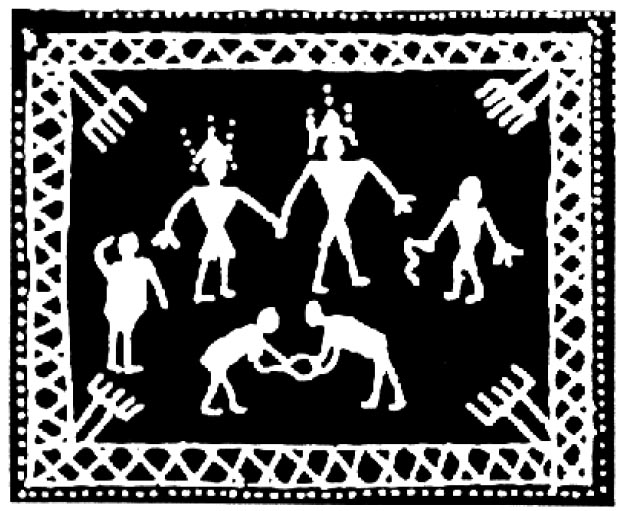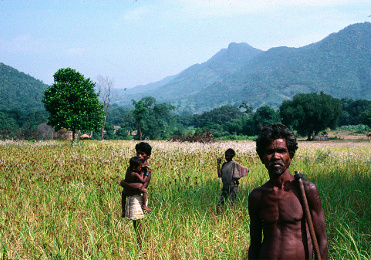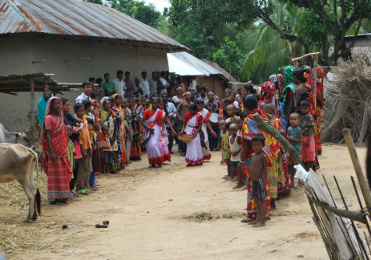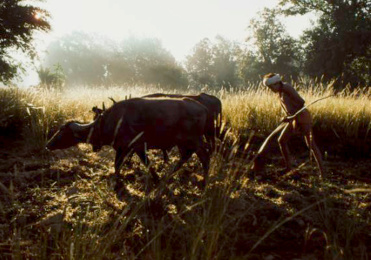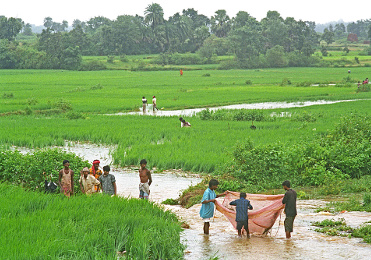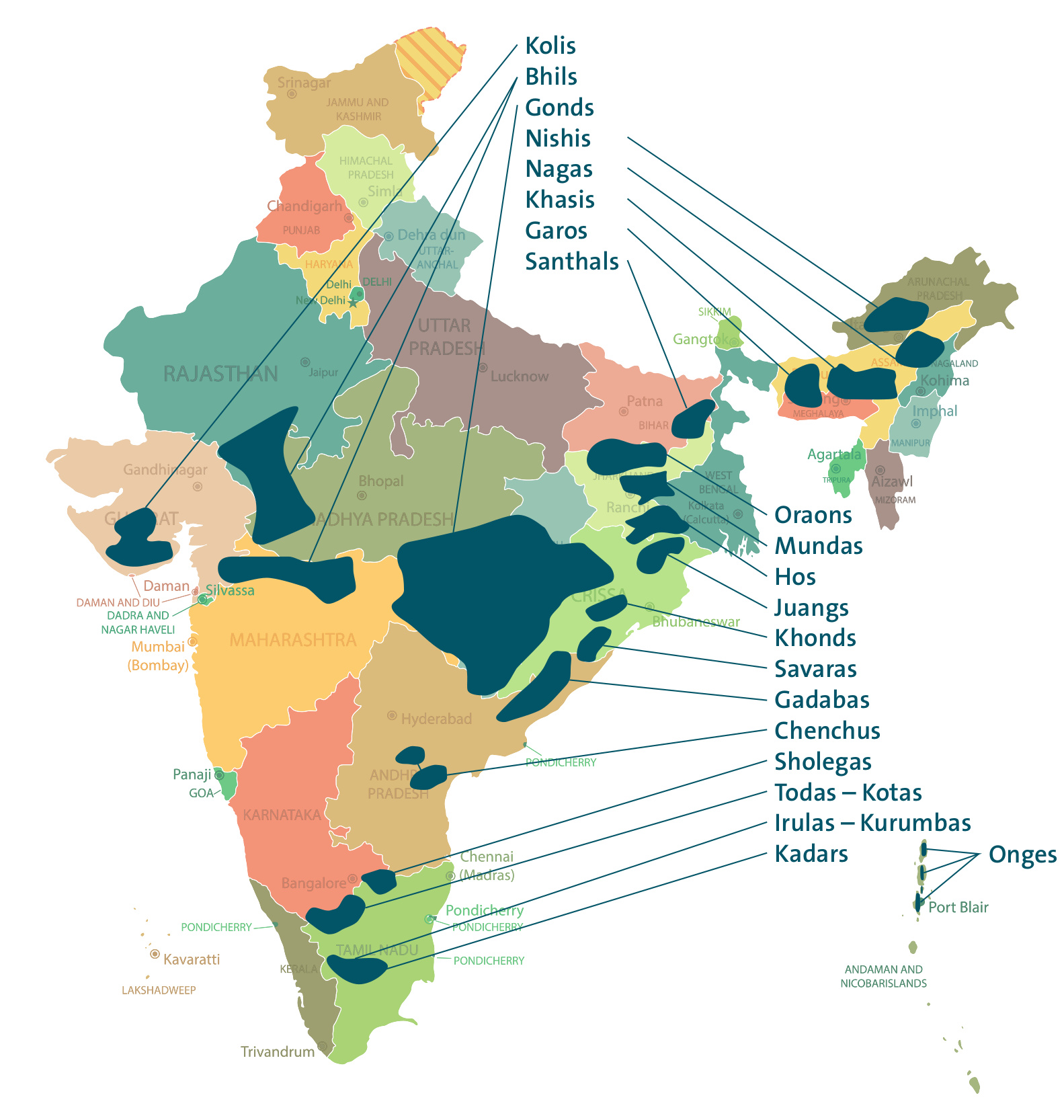International Context
With its Conventions No. 107 of 1957 and No. 169 of 1989, the International Labour Organization (ILO) established the first internationally binding standards on the rights of indigenous peoples or indigenous populations. ILO Convention 169 thereby replaced Convention 107, which was geared towards assimilation and created a participatory legal claim. To date, however, only 23 states have ratified ILO Convention 169. The governing parties in Germany have agreed in their coalition agreement of 2018 to ratify ILO Convention 169.
The World Bank has revised its Operational Directive No. 4.20 “Indigenous Peoples” from 1991 and has rewritten it to Operational Directive No. 4.10, while allowing so many exceptions for investors that it is no longer possible to speak of an effective protection mechanism.
The United Nations Commission on Human Rights had further advanced the international law process by establishing a Working Group on Indigenous Peoples (UNWGIP). With the formulation of the “Draft Declaration on the Rights of Indigenous Peoples” by this working group in 1993, an important step was taken towards the recognition of the collective rights of indigenous peoples. On 13 September 2007, the UN General Assembly adopted the “Declaration on the Rights of Indigenous Peoples” by Resolution A/RES/61/295.
The year 1993 had been declared by the UN as the “International Year of Indigenous Peoples”. At the end of 1994, the “UN Decade of Indigenous Peoples” was proclaimed for the period 1995 to 2004, which was extended again until 2014. In April 2000, the UN Commission on Human Rights decided by its resolution 2000/87 to establish a “Permanent Forum on Indigenous Issues”, which to this day meets once a year in New York. In 2001, the then UN Commission on Human Rights also created the mandate of a UN Special Rapporteur on the rights of indigenous peoples (Resolution
E/CN.4/RES/2001/57).
With the establishment of the UN Human Rights Council in 2006, UNWGIP ceased to exist. Instead, another advisory body on the rights of indigenous peoples was created, the so-called Expert Mechanism on the Rights of Indigenous Peoples (EMRIP; Resolution A/HRC/RES/6/36).
Theodor Rathgeber, Adivasi-Koordination in Deutschland e.V., 2018 (updated in 2020)
